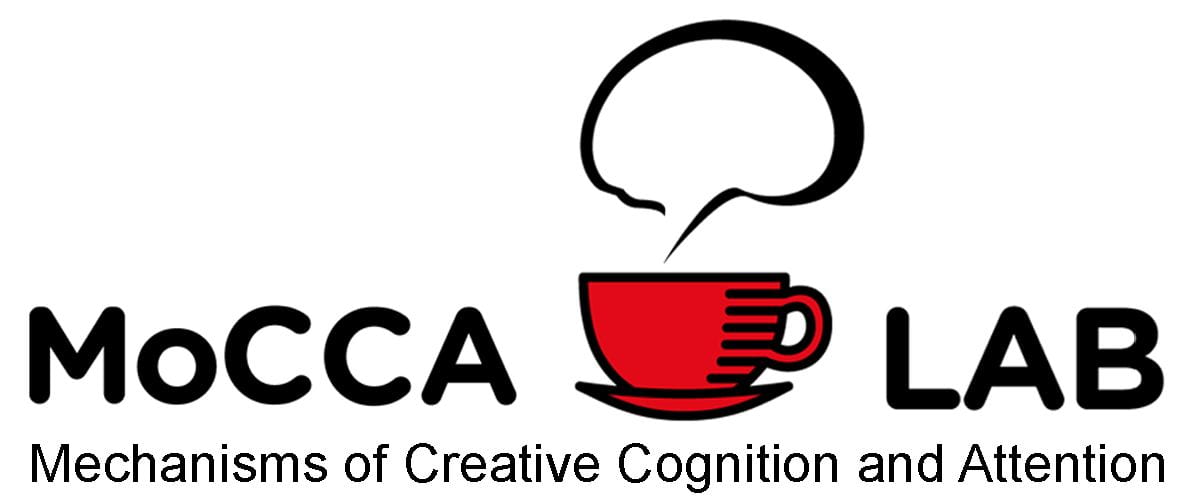MoCCA Lab Anti-Racism Statement
The University of Arkansas’ census in 2020 reported a despairing lack of diversity within the student population: White (72.85%), Hispanic or Latinx (9.18%), Black or African American (4.53%), Asian (2.67%), Indigenous or Alaskan Native (0.8%), Hawaiian or Pacific Islander (0.1%) and other (e.g., non-resident person, unknown, and two or more reported races; 9.81%). The MoCCA Lab believes this lack of diversity is an internal systemic problem rooted in racial bias and historical segregation. To address this lack of diversity, we need to not ask questions such as if this is a problem, but rather how we can address this problem. Having access to higher education is a form of privilege and if we refuse to acknowledge this privilege, this systemic problem will never change.
We in the MoCCA lab are dedicated to creating an inclusive environment that reflects the ideals of not only us as individuals, but The Department of Psychological Sciences; understanding individual and group differences, beliefs, values, and behaviors is core to the progress of psychological sciences. We recognize that we are in a unique position – instead of asking what you can do for us to increase diversity, we pledge to be focused on what we can do for you. To grow is to learn from, listen to, and work with sociocultural groups that we ourselves may not be a part of. The MoCCA lab strives to listen to those historically repressed and underrepresented populations, denounce systemic racism, and work towards creating a culture of acceptance and understanding.
Actionable items that the MoCCA Lab commits to:
- Bi-weekly lab meetings that will include topics surrounding anti-racism or bias in psychological science. The following is a (non-exhaustive) list of topics the MoCCA Lab routinely engages in:
- EEG equipment design and its incompatibility with people who have coarse or curly hair that is common in people of African descent.
- Gender gaps in psychological science career advancement and training.
- Guidelines for constructive community engagement around social justice content.
- How to recruit participants that have been historically excluded from research, and how to identify and deconstruct barriers to research participation by underrepresented groups.
- We are dedicated to cultivating an environment in which students’ career goals and aspirations are nurtured, so we commit to active mentorship. For example, we mentor students in:
- Career advice and information about attending graduate school.
- How to write successful personal statements and CVs, how to reach out to prospective advisors, and how to ask for letters of recommendation.
- How to prepare for and attend an academic conference, including, but not limited to: networking, poster preparation, research writing, and individual research project mentorship.
